Connectivity between cities is becoming more open and needs to be at the heart of global health diplomacy .
That is the opinion of Professor Michele Acuto of Bristol University (UK) in the article "Making City Diplomacy Work for Global Health " posted on Think Global Health on February 5th
From the late 20th century to the early 21st century, city diplomacy – the foreign affairs conducted by local governments – was used to address transnational issues, such as climate change. However, according to Professor Acuto, the potential of city diplomacy has not been fully exploited, especially in applying the One Health approach.
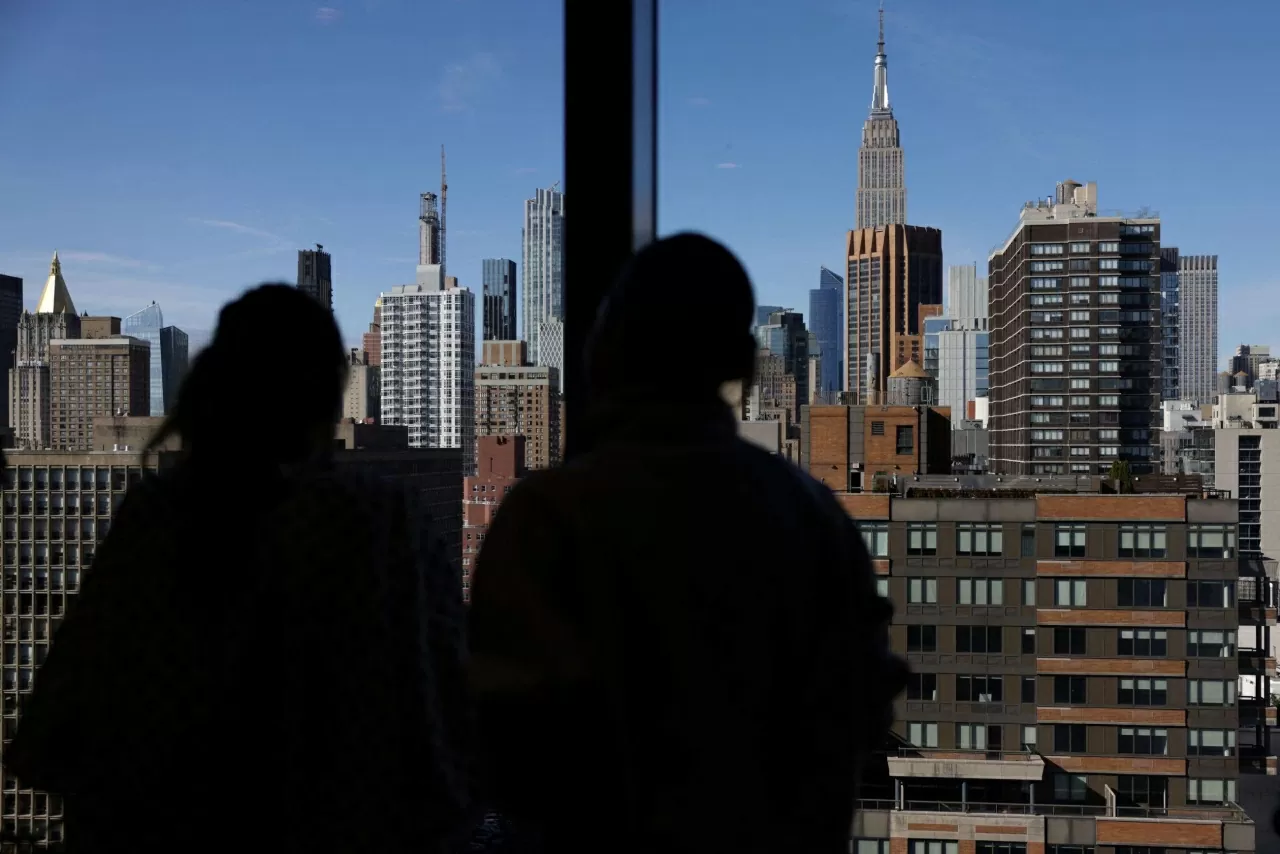 |
| Cities have long been the center of countless diplomatic activities. (Source: Reuters) |
Cross-border "bridge"
According to WHO, One Health is a comprehensive strategy that emphasizes the close connection between human health, ecosystems and the environment, aiming to create balance and optimize health on a global scale. The One Health approach emphasizes the close connection between cities, not only in local community management but also with global relationships. |
Cities are at the heart of both the challenges and the solutions in global health, as evidenced by outbreaks in Africa, the spread of coronavirus through urban areas and scenes of deserted streets around the world during the Covid-19 pandemic.
The One Health approach emphasizes the close connection between cities, not only in local community management but also in global cooperation. In the post-Covid-19 context, as the world rethinks how health is managed, city diplomacy will be given more importance. It will be an essential tool in the strategies of urban leaders, health professionals and diplomats.
According to Professor Acuto, cities are not only centers of trade, cultural creation and social development, but also the foundation of transnational networks, playing an important role in diplomacy.
With a long history, diplomacy has become part of the "DNA" of international urban governance. This affirms the position of cities as bridges connecting the world, contributing to shaping global health strategies in the future.
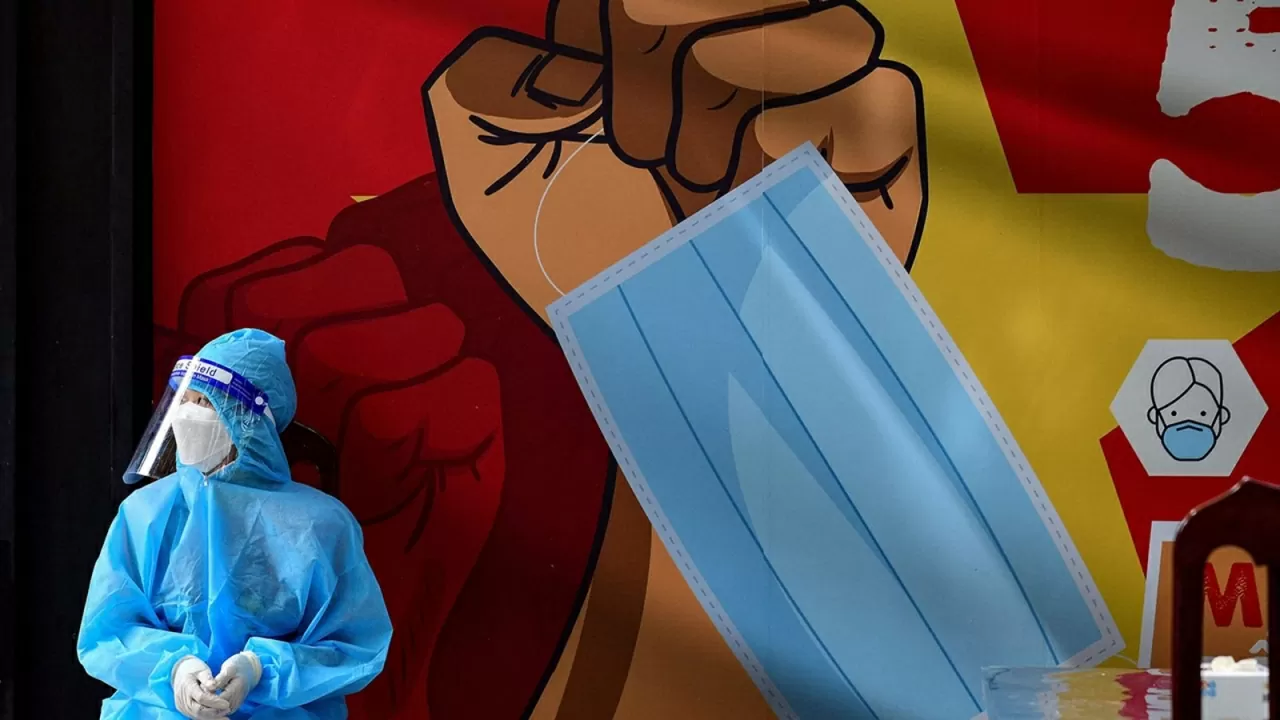 |
| Disease outbreaks like Covid-19 and SARS often make cities appear to be victims of trade, tourism, and cross-border interactions. (Source: Council on Foreign Relations) |
The Rise of City Diplomacy
Professor Michele Acuto points out that, despite the historical importance of cities in international relations, many are skeptical about their ability as diplomatic actors. Some argue that cities are merely overlapping collections of local governance and infrastructure systems, incapable of negotiating or managing global issues, including health.
Furthermore, disease outbreaks such as Covid-19 or SARS often make cities appear as victims of trade, tourism and cross-border interactions, rather than as agents of change.
However, according to Professor Acuto, more and more cities are proving that they are not just local administrative entities but can also become active actors on the international stage. From Freetown (Sierra Leone), London (UK) to Montreal (Canada), many cities are actively participating in global diplomacy, with the support of influential organizations such as charitable foundations and United Nations (UN) agencies - units that believe in the need and potential of city diplomacy.
Mr. Acuto emphasized that, over the past two decades, this model of diplomacy has flourished as city governments cooperate to solve common policy problems. Analysts also noted the expansion and success of hundreds of city networks – international alliances established and maintained by local governments around the world.
"Good news travels fast"
The development of these networks has helped city diplomacy make a real impact, Mr. Acuto said.
These city-to-city connections have spurred thousands of concrete actions to address climate change and improve urban health. City diplomacy has not only improved urban infrastructure but also led to significant changes in policy, funding, public procurement and governance structures.
The UN has officially recognized the important role of cities in more than 1,200 declarations under 32 different treaties and frameworks since 1972. In other words, city diplomacy is increasingly asserting its value as urban leaders go beyond words, to invest resources and concrete actions to implement global commitments.
 |
| City diplomacy has brought about tangible changes by harnessing the power of cross-border cooperation networks among urban leaders. Illustration photo. (Source: Shutterstock) |
The Resilient Cities Network initiative has mobilized over $350 million in investment to improve urban resilience to natural disasters. The C40 Cities Climate Leadership Group has also implemented tens of thousands of climate programs in more than 97 cities, with support and investment from the UN and many major charities. City mayors are also collaborating to address the challenge of migration.
In addition, the Group of 20 (G20) and the Group of Seven (G7) have recognized the role of city cooperation by establishing Urban 20 and Urban 7, which bridge urban governance and global discussions on finance. Mr. Acuto said these initiatives aim to mobilize capital to improve urban infrastructure, especially through cooperation with multilateral financial mechanisms that are often focused at the national level.
It can be said that city diplomacy has brought about remarkable changes by exploiting the power of cross-border cooperation networks among urban leaders. Thanks to that, mayors have the opportunity to get closer to diplomatic forums, promote policy diffusion through sharing experiences and successful models, and mobilize resources and expand centralized procurement programs.
Cities also actively called for increased access to multilateral finance, enhanced data cooperation and enhanced joint capacity to address global challenges.
Cities and medical diplomacy
Professor Michele Acuto asserts that global health experts do not ignore the role of city diplomacy.
In 1987, the World Health Organization (WHO) initiated the European Healthy Cities Network (HCN), which laid the foundation for similar networks to be established globally in the 1990s. By 2014, HCN officially put city diplomacy on the agenda. Then, in 2017, WHO continued to implement the Partnership for Healthy Cities with funding from Bloomberg Philanthropies, focusing on non-communicable diseases (NCDs) and applying the C40 Cities model.
Mr. Acuto pointed out that these initiatives have demonstrated the value of city diplomacy in addressing urban health issues. The network effects of the Partnership for Healthy Cities have led to the implementation of 30 new public health policies, saving thousands of lives and impacting more than 320 million residents in 74 member cities. The program has also led to significant improvements in non-communicable disease control in cities as diverse as Cape Town (South Africa), Santo Domingo (Dominican Republic) and Vancouver (Canada).
| The global health landscape is ripe for city diplomacy. |
Despite many achievements, city diplomacy initiatives in the health sector remain fragmented and underrepresented in global health policy discussions and planning.
For example, urban health networks are not well connected to other relevant city diplomacy activities such as climate change or migration. The role of cities was also not mentioned in the Pandemic Treaty negotiations, raising concerns that urban health governance will be overlooked in the preparation and response to future pandemics.
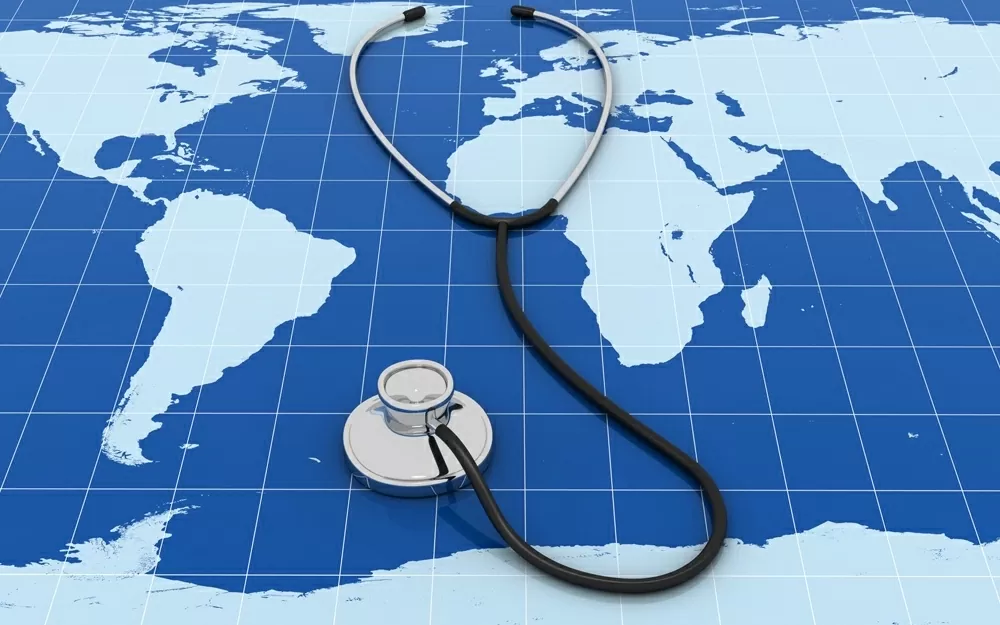 |
| In 1987, the World Health Organization (WHO) initiated the European Healthy Cities Network (HCN), laying the foundation for similar networks to be established globally in the 1990s. Illustration photo. (Source: GIBM) |
In contrast, the High Ambition Multi-Level Partnership (CHAMP) for Climate Action, launched at the 28th Conference of the Parties to the UN Framework Convention on Climate Change (COP28), has highlighted the urgent role of making voice and cooperation between cities a cornerstone in addressing transnational challenges.
In addition, Mr. Acuto emphasized that the relaunch of the WHO Urban Health Initiative (UHI) continues to affirm the importance of cities for global health. However, in recent policy documents, while the use of city networks has been mentioned, the concept of “city diplomacy” has not been fully exploited by UHI in shaping the next stages.
This suggests that cities have not yet had the same status in global health as they have in some other UN agendas. In addition, current urban development strategies are beginning to incorporate One Health policies, opening up opportunities for city diplomacy to promote more sustainable and inclusive initiatives.
Urban infrastructure and health equity
Mr. Acuto believes that the global health context is a “ripe” opportunity for city diplomacy. Because now, cities are not only economic centers but also places where countries can cooperate to solve health problems and develop infrastructure - areas that traditional diplomacy, due to constraints of sovereignty, national security and geopolitics, cannot thoroughly address.
Cities have traditionally been seen as mere transit points for markets, supply chains and global elites, rather than as active actors in international governance.
However, according to Mr. Acuto, focusing on urban health in the direction of the One Health strategy can help cities, individually or collectively, improve the quality and manage the infrastructure system effectively. In fact, it has been proven that city diplomacy not only helps cities respond flexibly and comprehensively to common challenges, but also promotes the One Health initiative, bringing sustainable improvements right from the community level.
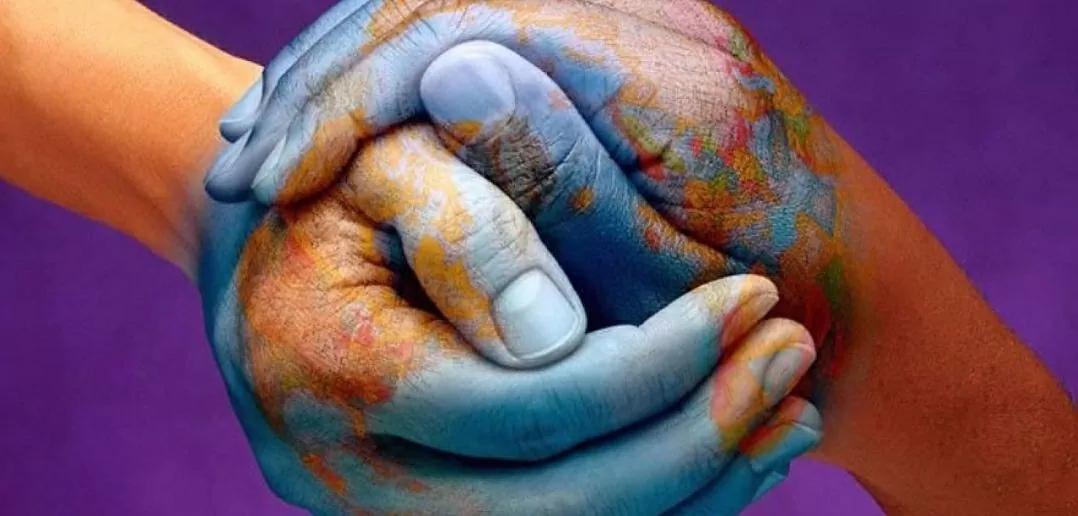 |
| The global health context is a "ripe" opportunity for city diplomacy. Illustration photo. (Source: LinkedIn) |
In addition, the expert said, the global health community is facing a rapidly urbanizing world. Through the city cooperation network, linking global governance mechanisms to everyday health issues can promote practical urban policies that help build and maintain a strong health infrastructure that can cope with increasing threats.
In particular, as leaders closest to their people, mayors not only play a connecting and advocacy role, but can also shape global health governance towards a deeply collaborative approach that suits the realities of a rapidly urbanizing world.
In summary, city diplomacy is increasingly demonstrating its role in global health governance, especially in the context of urbanization with increasingly complex health challenges. Through cooperative networks, cities not only share experiences and mobilize resources, but also participate more deeply in global governance mechanisms, contributing to the building of urban health systems, creating the foundation for a more sustainable and equitable future.
To achieve this, there needs to be closer coordination between local governments, international organizations, and policymakers to maximize the potential of city diplomacy in protecting and promoting public health. As cities become truly active actors in the international arena, it is believed that global health systems will become stronger and better able to adapt to future challenges.
(*) Mr. Michele Acuto is Vice President for Global Partnerships and Professor of Urban Resilience at the University of Bristol (UK). His research focuses on the climate crisis, urban health and pandemic response, urban inequality, and the resilience of large cities to disasters and risks.
Source: https://baoquocte.vn/de-ngoai-giao-thanh-pho-tro-thanh-cong-cu-dac-luc-cho-nen-y-te-toan-cau-303747.html


![[Photo] President Luong Cuong holds talks with South African President Matamela Cyril Ramaphosa](https://vphoto.vietnam.vn/thumb/1200x675/vietnam/resource/IMAGE/2025/10/23/1761221878741_ndo_br_1-8416-jpg.webp)

![[Photo] Prime Minister Pham Minh Chinh chairs meeting on railway projects](https://vphoto.vietnam.vn/thumb/1200x675/vietnam/resource/IMAGE/2025/10/23/1761206277171_dsc-9703-jpg.webp)

![[Photo] Prime Minister Pham Minh Chinh meets with South African President Matamela Cyril Ramaphosa](https://vphoto.vietnam.vn/thumb/1200x675/vietnam/resource/IMAGE/2025/10/23/1761226081024_dsc-9845-jpg.webp)
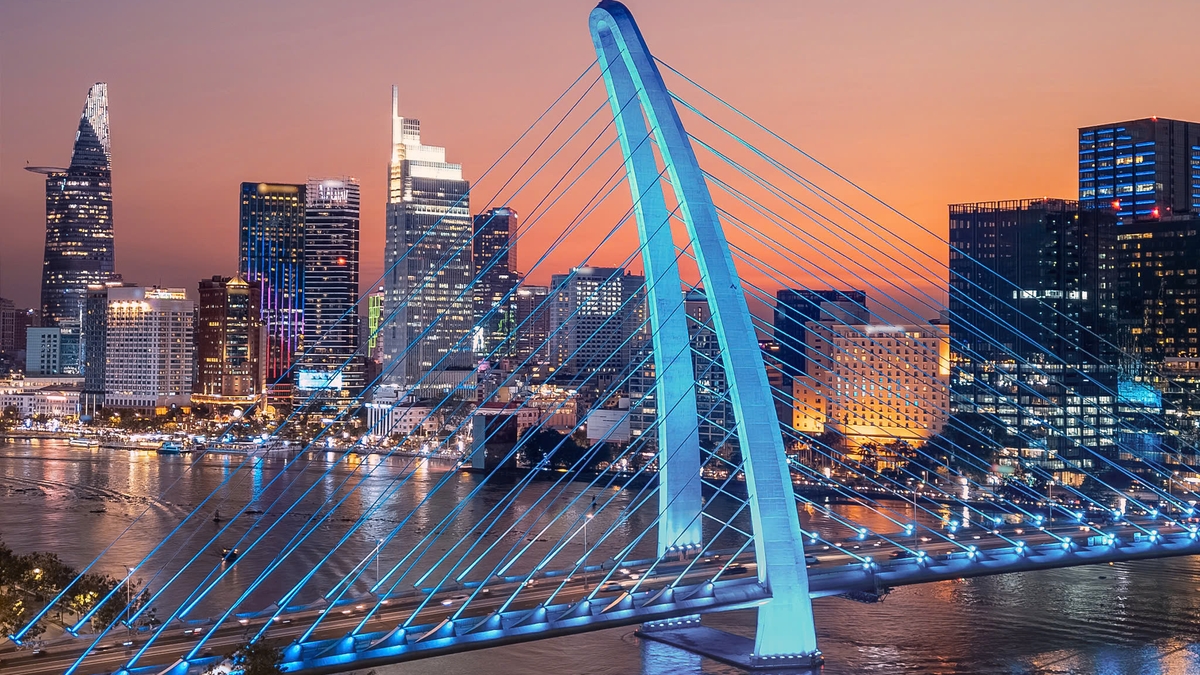
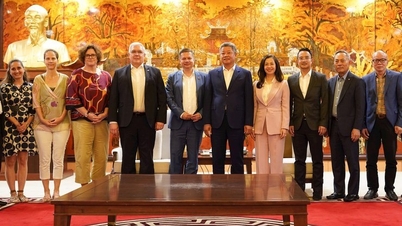

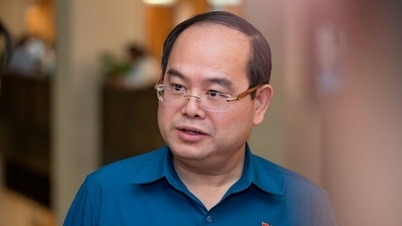
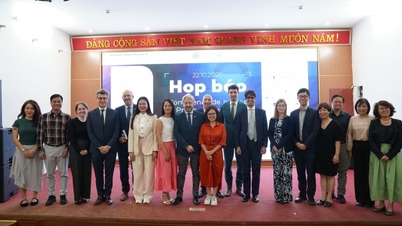
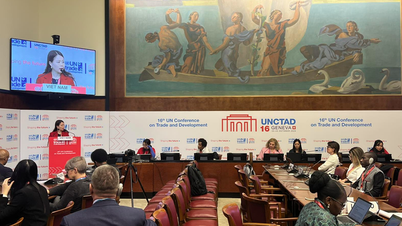

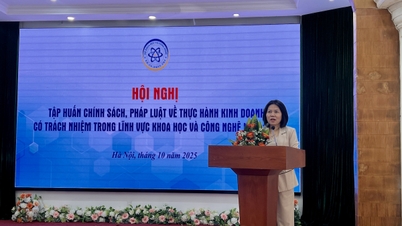




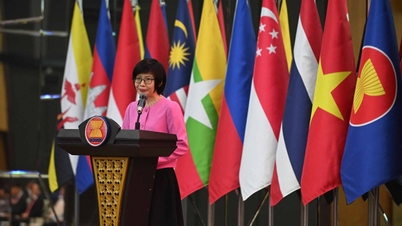
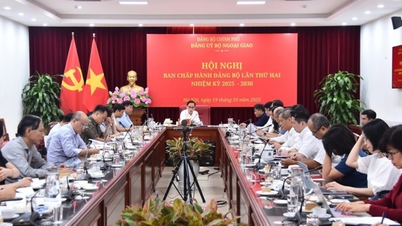
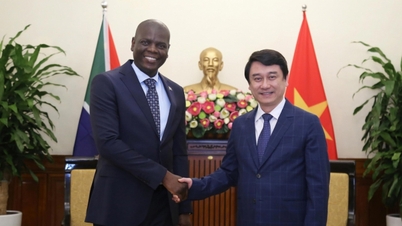
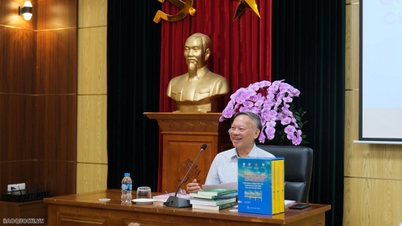
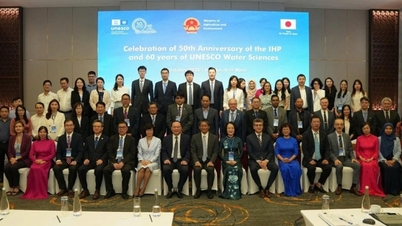
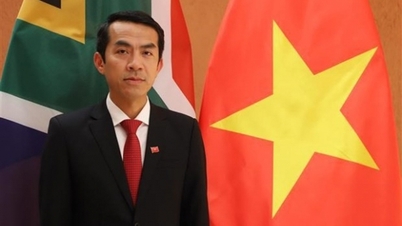
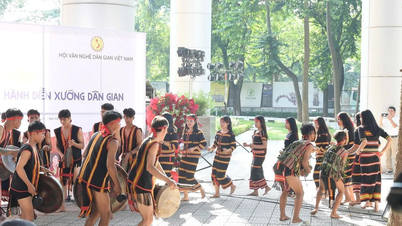





































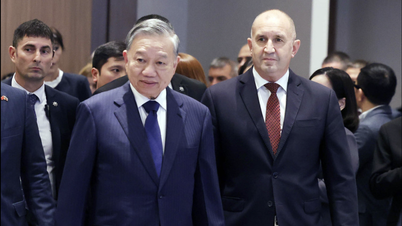

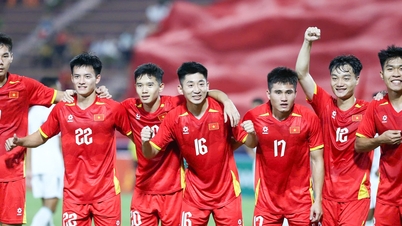
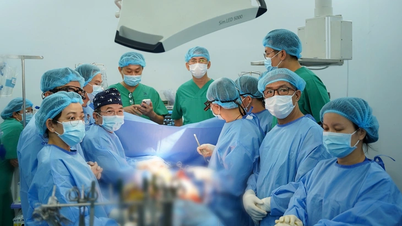



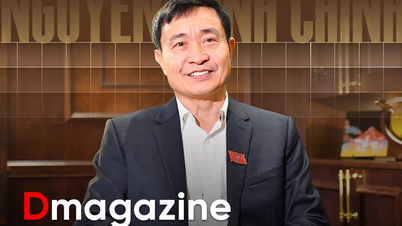


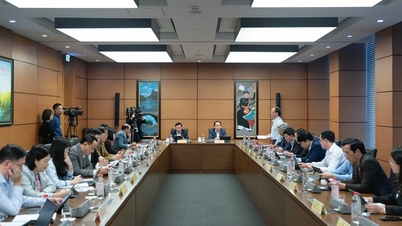

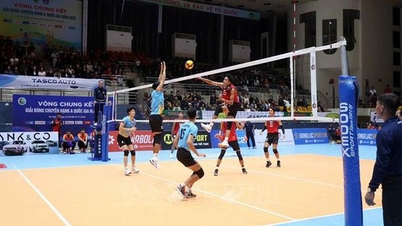

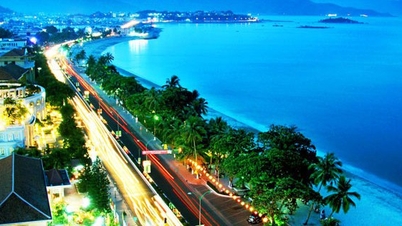
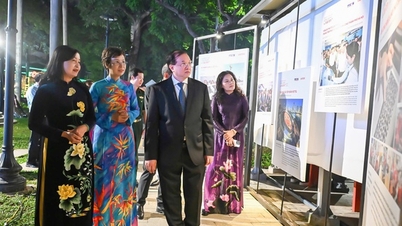



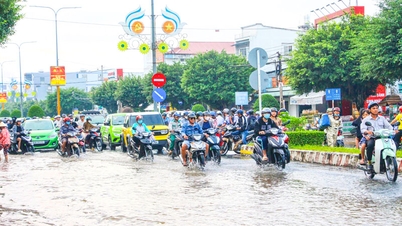

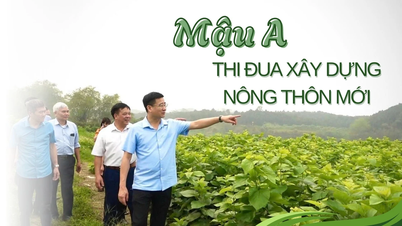

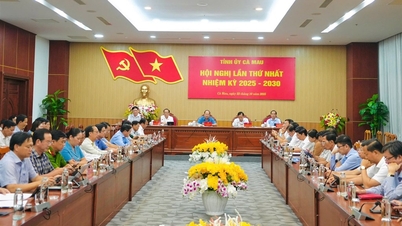
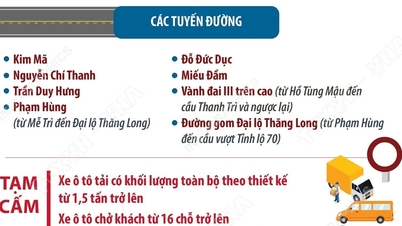

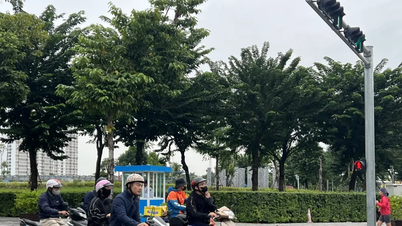














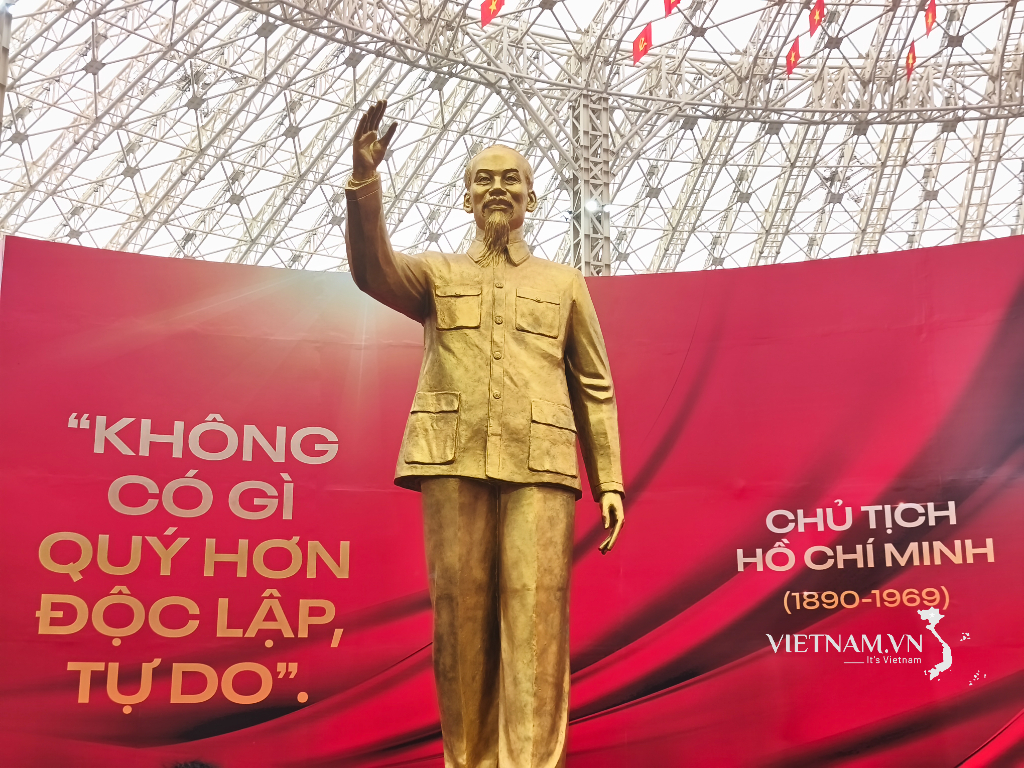


Comment (0)